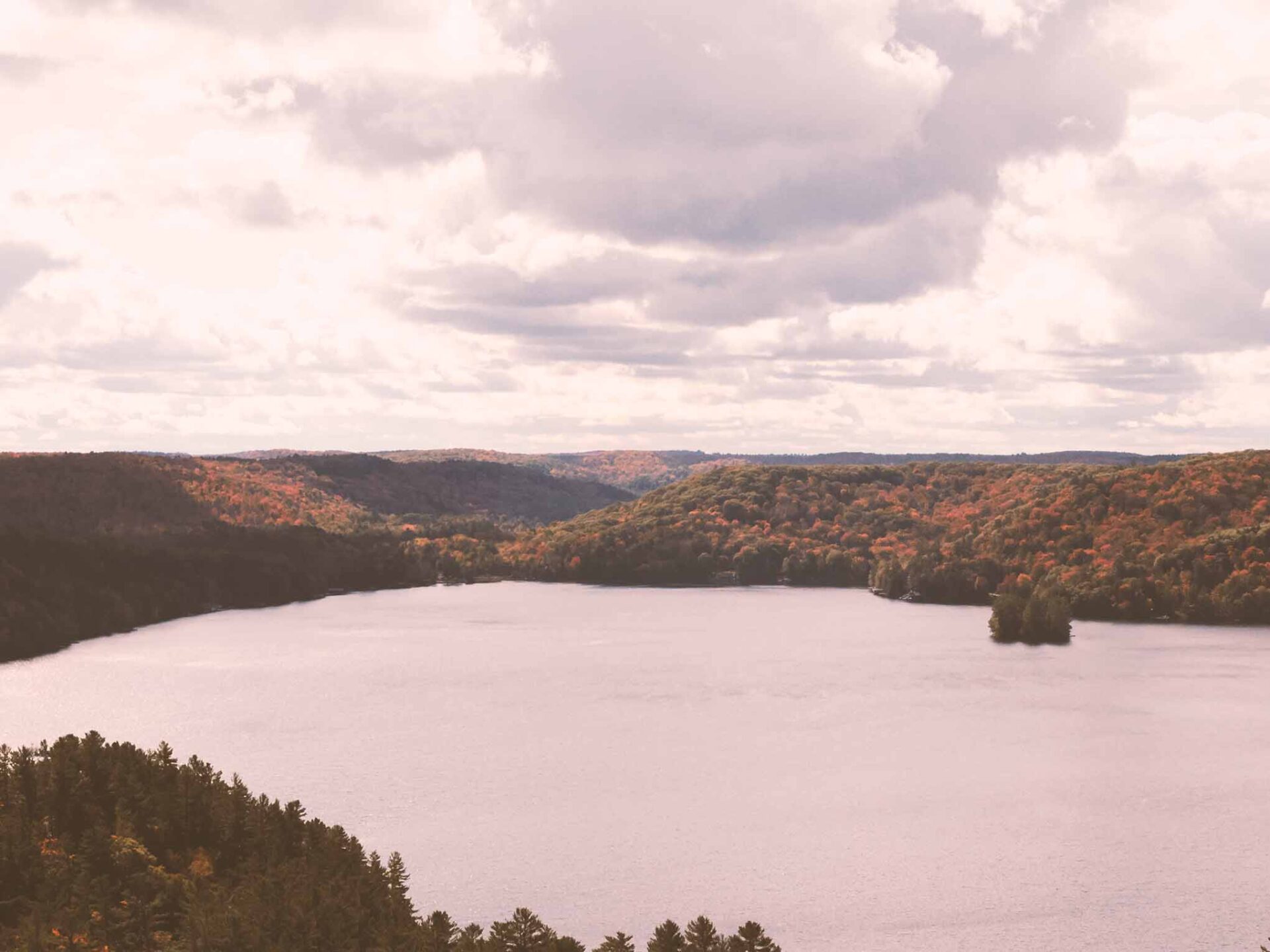Students had the opportunity to hear from poets at the forefront of contemporary literature at this year’s Marilyn Rose Lecture.
“Archived Rivers and Political Forests: Literary Interventions in the Anthropocene” was the 2024 Marilyn Rose Lecture, an annual series launched in 2017 in memory of the late Marilyn Rose, who passed away in 2015.
This lecture featured Julia Fiedorczuk and Lisa Robertson, two esteemed authors whose work explores interventions in the “nature of stories and storytelling in the Anthropocene / Capitalocene.” These terms are used in the humanities to describe the current period, in which human activities – specifically those incentivized by capital-fuelled extraction of resources – are significantly affecting the ecology of the planet.
Joanne Jones describes textual intervention as “a way of challenging existing texts to create original work,” regarding texts as “dynamic and able to change, rather than fixed and concrete” and “open-ended, rather than finished.”
For Fiedorczuk and Robertson, this means responding to political and environmental issues in the Anthropocene.
Fiedorczuk’s presentation was concerned with the Białowieża Forest and the Podlasie region in eastern Poland, the site of a current humanitarian crisis.
She described how beautiful the forest is, with old-growth trees and a bountiful ecosystem characterized by wetlands, before explaining how asylum seekers from the Middle East, Afghanistan and Africa are caught in this forest – a no-man’s-land between Poland and Belarus – travelling back and forth across difficult terrain and sleeping in the cold, sometimes resulting in death when they are rejected from both borders. Fierdorczuk’s interventions came in the form of recited poems from some of those involved: countless stories focused on people, not circumstance.
Robertson was the next presenter. A Canadian writer, her lecture was interested in creating an “unfaithful” description of the Bièvre, a polluted and buried river in Paris – which is a “dirty textual and archival intrusion in the Capitalocene” – by analyzing literary documentation of the river throughout history.
One of the most interesting discussion points of Robertson’s presentation was the laundresses in Paris. These women were subjected to terrible working conditions – cleaning the city’s linens in the red dye and waste-polluted river and working for hours on end with low wages – and largely blamed for the water’s pollution instead of the rampantly wasteful industries upstream. However, they fought back, becoming some of the earliest workers to unionize and strike for better working conditions.
Before the event, in a post on X (formerly Twitter), English Department professor Gregory Betts said “this year’s Marilyn Rose Lecture is a doozy.”
Together, these writers painted a picture of literary protest and intervention in the Anthropocene, which can so often feel unfathomably impossible to change for the betterment of the world.
They honoured the memory of Marilyn Rose, who was a Brock University professor in the English Department and the Dean of the Faculty of Graduate Studies from 2004 to 2012. Her passions included detective fiction; national and literary iconography; modern and contemporary poetry; and Canadian short fiction, topics that the Marilyn Rose Lectures have explored for the past seven years.
In a 2017 article from The Brock News, Brock professor Ann Howey illustrated just how big of an impact Rose had:
“Marilyn was vital to the development of programs like Canadian Studies, as well the development of Graduate Studies at Brock. She was a highly regarded teacher and a researcher with an amazing breadth of expertise.
“What was most impressive about Marilyn, though, was the ethics of care with which she approached everything: administration, teaching, research, participation in a community of scholars. It made her an important mentor to many here at Brock, and she is still deeply missed,” said Howey.
“Archived Rivers and Political Forests: Literary Interventions in the Anthropocene” was a provocative and illuminating lecture series, honouring Marilyn Rose’s legacy at Brock and in the academic community.

